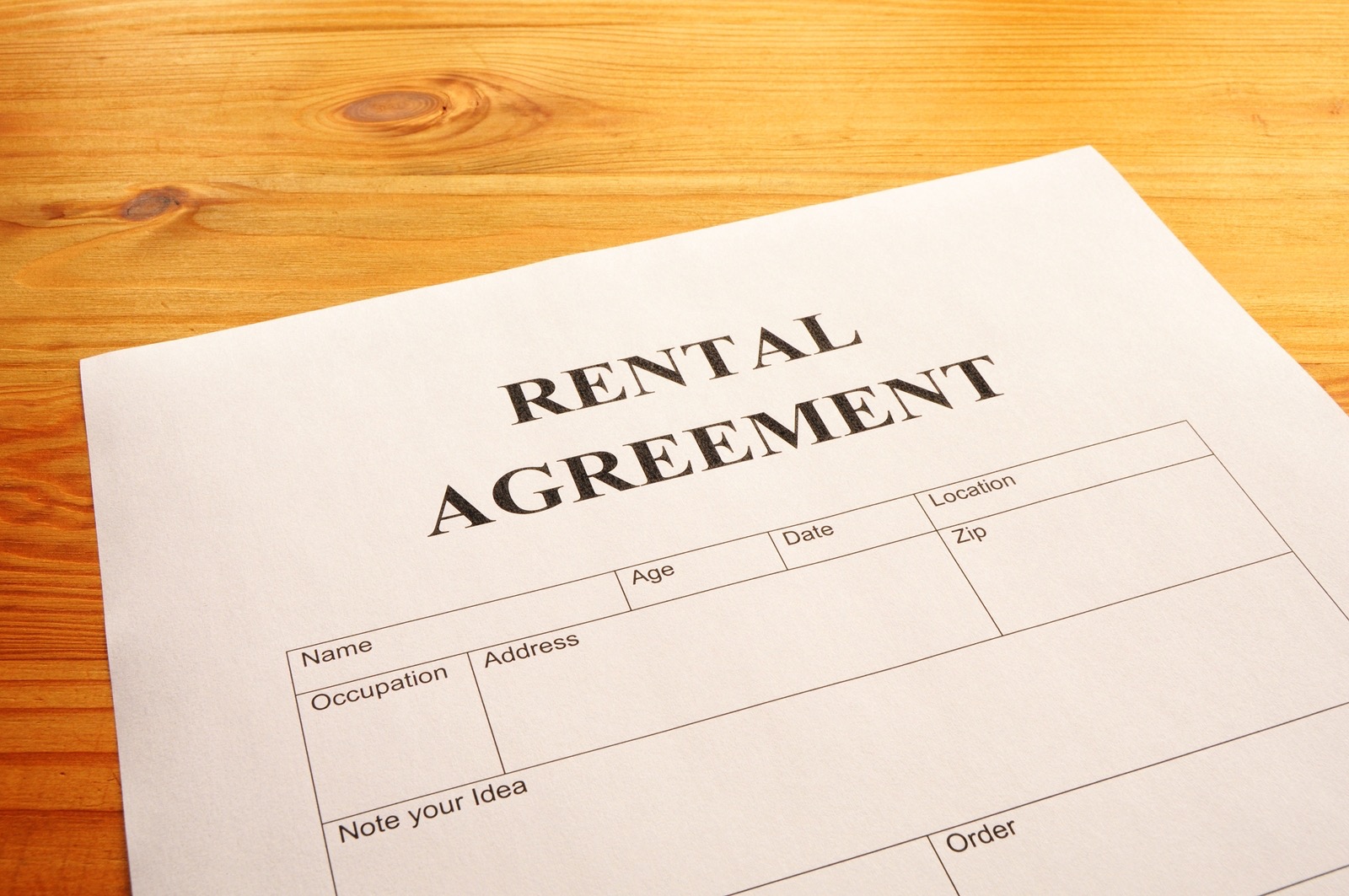Important Rental Property Tax Considerations – Gainesville VA Real Estate

Owning a rental property in poses tax considerations that are more complex than the residential property you live in and will require a more refined tax strategy. Below is the tax information you need to know as well as some top tax tips for owners of rental properties.
Rental Property Tax Considerations
When filling out your tax returns, your rental property is listed in Schedule E, which documents your tax year income and expenses from the property itself. Income covers the rental payments you received while expenses covers your mortgage, repairs and maintenance, utilities, management fees and all other costs associated with the property.
If you pay points on the loan you used to purchase your rental property, you cannot deduct them completely from your taxable income like you can on a property purchased for residence. You must deduct the points over the whole length of your loan.
If the rental income from your property exceeds the expenses that the property incurred itself, remember that income is taxable.
If your property’s expenses are larger than the Schedule E rental income you accrued, you can deduct any losses from your taxable income if your non-property based income is less than $150,000 in the tax year. If you earned less than $100,000 in non-property income, you can deduct up to $25,000 of any losses your rental property incurred and if your non-property income is between $100,000 and $150,000, you can deduct up to $12,500. If you earn a non-property income above $150,000 you are not able to deduct any rental property losses from your taxable income.
If your earnings are above the threshold to deduct any rental property losses, you can amass losses as a counterbalance to capital gains taxes when you sell the property.
Speak to your tax adviser to see whether you can deduct rental losses from your taxable income or whether you can accrue losses against future capital gains taxes.
Tax Considerations When Selling Your Rental Property
When you sell a rental property, you are liable for capital gains taxes on your appreciation. It’s advisable that you seek out a tax adviser to give you an accurate breakdown of your costs and any profits that will be taxable as capital gains. However, there is a simple process available to give you a rough idea of your net profit and estimate of your capital gains taxes. Take your property sale price and deduct the purchase price, the cost of any modifications to improve the property, and all selling costs (including local taxes, agent fees, etc.) The figure you are left with is your capital gain on the property, and based on your non-property income, you will have to pay up to 30% in federal and state taxes on your capital gains. Let’s see an example of how this formula works.
If you bought a rental property 8 years ago for $200,000 and put 20 percent down with a standard 6% fixed rate 30 year mortgage, your current balance would be $140,435. If you made $10,000 in improvements to the property over the 8 years and sold it for $300,000, with no losses to offset you would be left with capital gains of around $69,000, after paying local taxes, agent fees, etc. Of the capital gains accrued you would have to pay somewhere between $17,000 and $21,000 in taxes, leaving around $120,000 from the sale of the property.
How To Minimize Rental Property Capital Gains Taxes
If you intend to buy a new rental property immediately after selling you can defer paying any capital gains taxes. The 1031 Exchange IRS benefit enables you to defer paying any capital gains taxes if you can identify, in writing, a new rental property within 45 days and complete the purchase of the property within 180 days of selling your previous rental property. To defer paying any capital gains taxes your new rental property should be of at least equal value of your sold property and you must invest all of the proceeds from your rental property sale. The 1031 Exchange defers and does not eliminate the taxes on the sale of your rental property. However, the IRS does not prohibit turning your new rental property into a primary residence in the future. Before taking part in a 1031 Exchange you should consult a tax advisor to ensure eligibility and how it relates to your unique tax situation.
Gainesville VA Real Estate: What’s Going on
Gainesville VA Real Estate: Restaurants That Don’t Suck
Gainesville VA Real Estate: Homes For Sale In The Area
Gainesville VA Real Estate: Luxury Homes For Sale
Gainesville VA Real Estate: Get Your Workout On
Gainesville VA Real Estate: Buying and Selling In Gainesville




